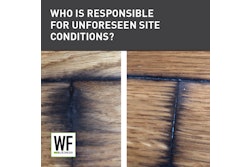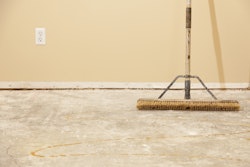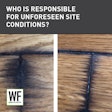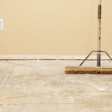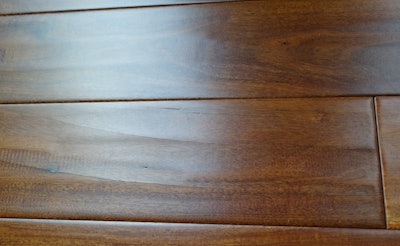
A reader recently submitted the following question: What do you do when a retailer supplies bad wood and you are stuck between the suppliers and the mills? Who’s at fault?
This is a common issue. The manufacturer sold a defective product, so one might think the manufacturer is responsible for the consequences. However, almost all flooring manufacturer warranties limit liability to product replacement and disclaim any responsibility for labor to remove and replace the bad product. These limited warranties usually also protect manufacturers against additional costs, such as removing and reinstalling baseboards or refinishing the floor. A published warranty with disclaimers that is available for review is generally enforceable, even if the end user was not actually aware of it.
So, who pays for labor costs to replace the bad product, as well as other consequential damages? It depends on the language in the contracts between all of the parties and whether they included similar disclaimers for defective materials. Retailer documentation commonly contains such disclaimer language, but it is less common for an installer to include it.
The legal result could also depend on who hired the installer. If the customer bought the product from a flooring retailer, it would be typical for the retailer to hire the installer. If that was the case, was there an agreement between the retailer and installer that requires the installer to cover labor for defective product? In contrast, if the customer hired the installer and the customer bought the materials, the installer should have no liability.
This can become a game of musical chairs, and the party without a chair will be legally responsible for the extra labor costs to replace the defective flooring. For example, say the manufacturer warranty disclaims labor costs and will only provide new product. The retailer documentation also disclaims labor to replace bad product. Or, the customer purchased the materials directly from the retailer, and the customer hired the installer.
In this scenario, the customer could be stuck paying for the extra labor costs. From a public relations standpoint, it would be hard for the supplier and installer to hang the customer out to dry and refuse to help.
What if the customer hired the installer and the installer purchased and provided the flooring? In that case, unless the installer’s contract with the customer disclaims it, the installer will be on the hook. The installer was hired to install a floor without defects, and to do that, the installer will need to pull out the bad flooring and install the replacement flooring.
The answer in these situations is usually that the manufacturer will only supply a new product, and the other parties will be “scrambling for a chair” based on the wording of their warranty documents and agreements.
















